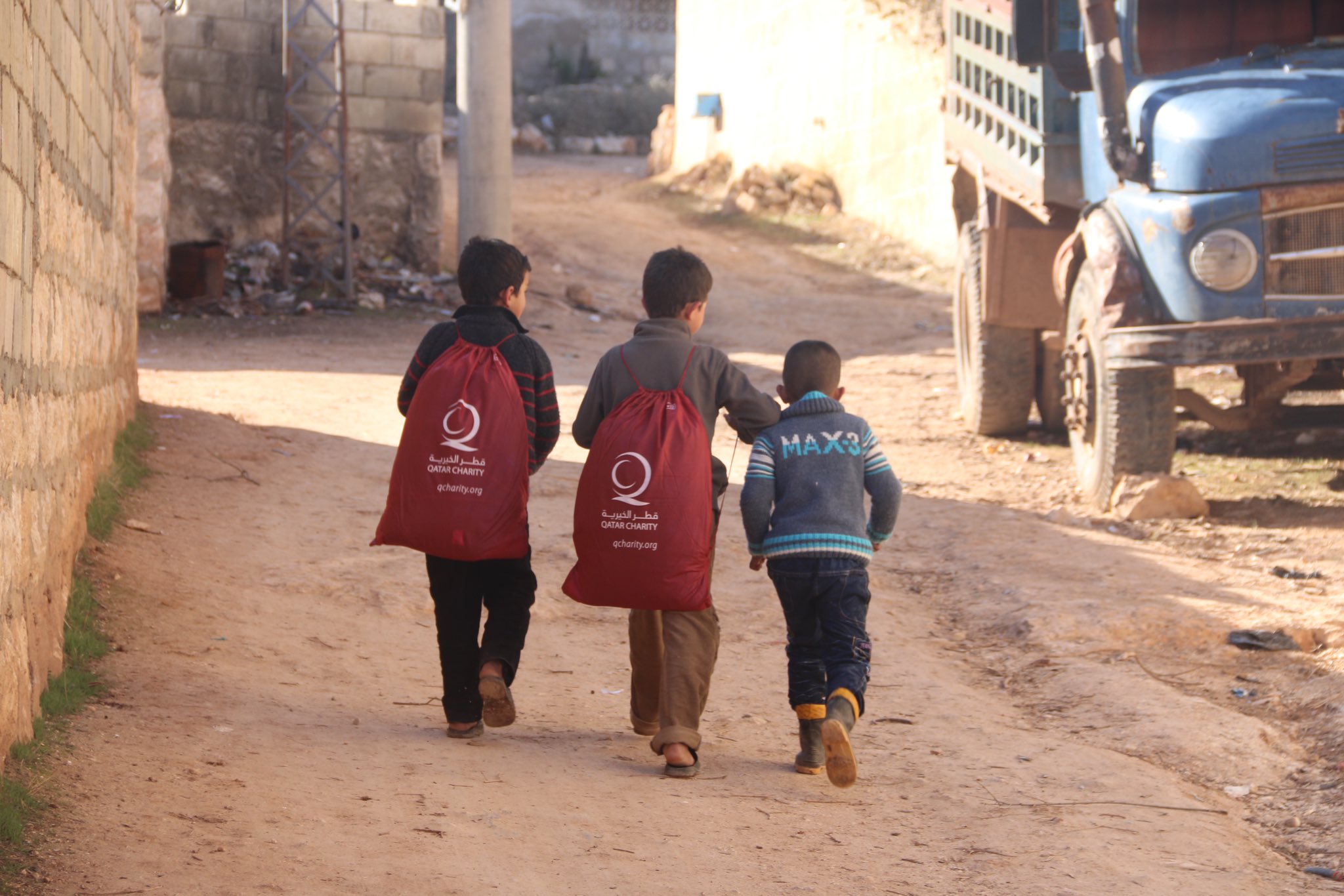At least 244 million children and youth globally, aged between six-to-18, missed out on the 2021-2022 academic year.
Qatar is set to support at least 100,000 students locally and globally with the launch of Qatar Charity’s (QC) ‘Education Makes it Possible’ campaign on Sunday.
The announcement was made ahead of the upcoming academic year and is expected to benefit students across 38 countries—including Yemen, Palestine, Turkiye, Somalia, Sudan, Sri Lanka among others.
“The campaign comes to support the right of children to education, which is one of Qatar Charity’s strategic areas of work, in a time when the number of those deprived of basic education is on rise in many regions across the globe, especially in countries going through crises and natural disasters,” QC said.
The campaign aims to cover tuition fees, educational programmes and provide school supplies and laptops, though the charity did not specify the initiative’s financial goal.
QC will also provide bicycles for students in crisis-hit Yemen and offer scholarships to students in Djibouti. The Qatari entity’s educational drive includes building, maintaining, and rehabilitating 66 elementary schools and training centres.
In Qatar, the charity will implement educational projects for “orphaned students and those belonging to low-income families”, calling on the local population to support its initiative through its website or mobile application.
“Qatar Charity urges the generous people of Qatar to support the campaign to help meet the basic educational needs of the students. This will allow them to elevate their knowledge and understanding, assist them in improving their lives, contributing to the social, economic, and health development of their communities,” the statement added.
Millions out of school
At least 244 million children and youth globally, aged between six-to-18, missed out on the 2021-2022 academic year, per figures by the United Nations.
Sub-Saharan Africa has remained the region with the most out of school population, with 98 million children and youth unable to attain education. The top five countries with the out of school children are India, Nigeria, Pakistan, China and Ethiopia, the UN said.
In February, the UN’s Secretary-General Antonio Guterres said that 78 million girls and boys around the world “do not go to school at all” due to conflict, displacement and climate disasters.
“We are talking about the most isolated, the most desolate, the most neglected children of the world. We’re talking about girls who find themselves trafficked or forced into child labour or child marriage, unless we can help them,” Guterres told a pledging conference at the time.
At the time, Qatar Fund for Development (QFFD) pledged $20 million to back the UN’s Education Cannot Wait (ECW) initiative.
In cooperation with the Education Above All Foundation (EAA), the donation aims to support children around the world who have been denied the right to access education due to crises in their home nations.
The pledge is part of Qatar’s growing efforts to support education globally, particularly in areas with the most vulnerable.
In 2020, the UN General Assembly unanimously passed resolution 74/275 to establish 9 September as the International Day to Protect Education from Attack after a proposal by Sheikha Moza.
Last year, Qatar launched the Women in Conflict Zones (WICZ) initiative in an effort to empower women and girls living in crisis-hit countries globally. The WICZ initiative was launched by the QFFD in collaboration with the UN’s Development Programme.







